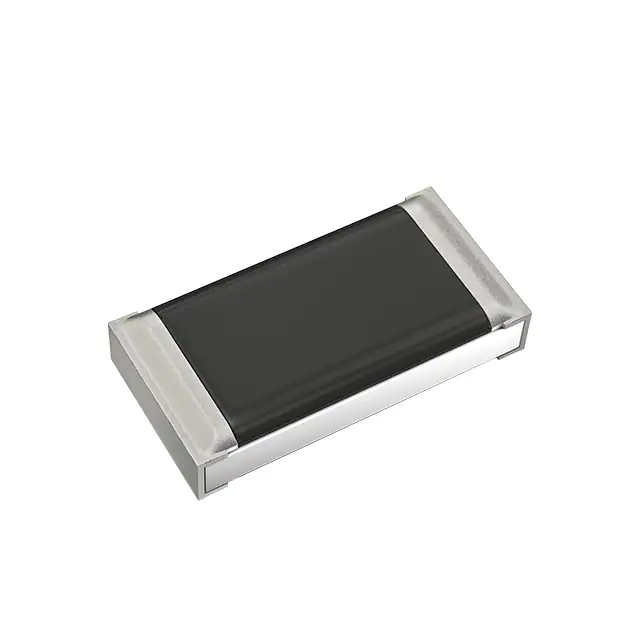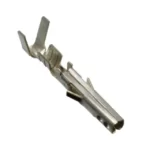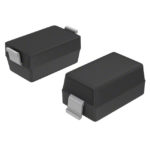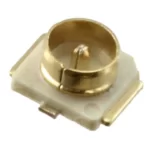Unlock the Secrets of Resistor: Discover Its Uses and Benefits Now!
Are you looking for a way to power your electronics and build complex circuits? Then you need to know about resistors. Resistors are an essential component of any circuit and can be used to control the flow of electricity. In this blog article, we’ll explore what resistors are, what they’re used for, and their advantages. We’ll also discuss how to choose the right resistor for your project and the calculations you need to make. Plus, we’ll look at troubleshooting with resistors and the applications of resistors. Finally, we’ll give you some tips for using resistors that will help you get the most out of them. So, read on to unlock the secrets of resistors!
Introduction to Resistors
A resistor is an electronic component that reduces or limits the flow of electrical current. It’s used to control the amount of current that flows through a circuit, and it’s an essential component of any circuit. Resistors are typically made of metal, ceramic, or plastic, and they come in a variety of sizes and shapes. They can be used in both AC and DC circuits, and they’re usually color-coded to make it easier to identify them.
When it comes to resistors, there are two main types: fixed and variable. Fixed resistors have a fixed resistance value and are used for applications that require a consistent current flow. Variable resistors, on the other hand, can be adjusted to provide different levels of resistance. These are used for applications that require the current to be adjusted.
The resistance value of a resistor is usually measured in ohms. A higher resistance value means that the resistor will restrict the current more than a lower resistance value. The resistance value of a resistor can be calculated by dividing the voltage across the resistor by the current through it.

What are Resistors Used For?
Resistors are used in a variety of applications. They’re used to limit or control the flow of current in a circuit, as well as to protect other components from damage due to excessive current.
Resistors are also used to adjust signal levels in electronic systems. This is especially important in audio systems, where resistors are used to attenuate or reduce the signal level. They’re also used to modify the frequency response of audio systems.
Resistors are also used to create voltage dividers. This is when a resistor is used to split an input voltage into two or more parts. This is especially useful in voltage regulation circuits, where a voltage divider is used to create a reference voltage.
Types of Resistors
There are a few different types of resistors that can be used in circuits. These include carbon film, wire wound, metal oxide, and metal film resistors.
Carbon film resistors are the most common type of resistor and are usually the least expensive. These are made from a carbon film and have a relatively low power rating.
Wire wound resistors are made from a wire that’s wound around a ceramic core. They are more expensive than carbon film resistors, but they have a higher power rating.
Metal oxide resistors are also made from a ceramic core, but they’re coated with a metal oxide. They have a higher power rating and are usually more expensive than carbon film and wire wound resistors.
Metal film resistors are made from a metal film that’s deposited on a ceramic core. They have a very high power rating and are usually the most expensive type of resistor.
Advantages of Using Resistors
There are a few advantages of using resistors in circuits. First, they’re relatively inexpensive and easy to find. Second, they’re easy to use and don’t require any special tools or equipment. Third, they can help protect other components from damage due to excessive current. Finally, they can be used to adjust signal levels and create voltage dividers.
How to Choose a Resistor
When choosing a resistor for your circuit, there are a few things to consider. First, you need to decide what type of resistor you need. You should also consider the power rating of the resistor and make sure it’s suitable for the application. Finally, you should consider the resistance value and make sure it’s appropriate for the circuit.
Resistor Calculations
When using resistors in a circuit, it’s important to be able to calculate the resistance value. The resistance value of a resistor can be calculated by dividing the voltage across the resistor by the current through it. This is known as Ohm’s Law, and it’s an essential equation for working with resistors.
You can also calculate the power rating of a resistor by multiplying the voltage across the resistor by the current through it. This will give you the power rating of the resistor in Watts.
Troubleshooting with Resistors
When troubleshooting a circuit, one of the first things to check is the resistor. If it’s not working correctly, it can cause problems with the circuit. To test a resistor, you can use an ohmmeter to measure the resistance value. If the resistance value is not what it should be, then the resistor is likely faulty.
Applications of Resistors
Resistors can be used in a variety of applications. They’re used in audio systems to attenuate or reduce the signal level, as well as to modify the frequency response. They’re also used in voltage regulation circuits to create a reference voltage. Finally, they’re used in power supplies to limit the current and protect other components from damage due to excessive current.
Tips for Using Resistors
When using resistors, there are a few tips that can help you get the most out of them. First, make sure to choose the right type of resistor for the application. Second, make sure the power rating of the resistor is suitable for the application. Third, make sure the resistance value is appropriate for the circuit. Finally, use an ohmmeter to test the resistor before using it in a circuit.
Conclusion
Resistors are an essential component of any circuit and can be used to control the flow of electricity. In this blog article, we’ve explored what resistors are, what they’re used for, and their advantages. We’ve also discussed how to choose the right resistor for your project and the calculations you need to make. Plus, we’ve looked at troubleshooting with resistors and the applications of resistors. Finally, we’ve given you some tips for using resistors that will help you get the most out of them. So, now that you know what is resistor and its uses, you can unlock the secrets of resistors and get the most out of them!


